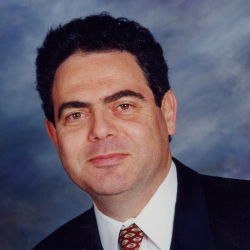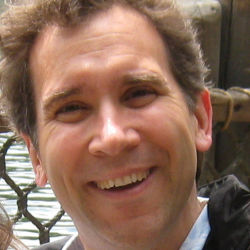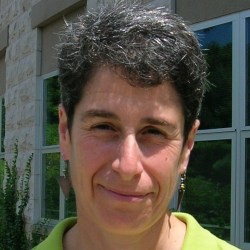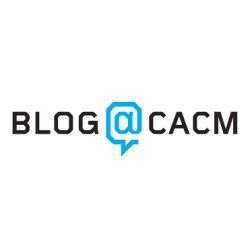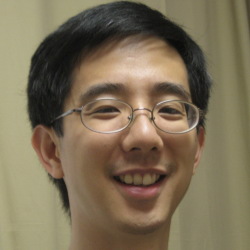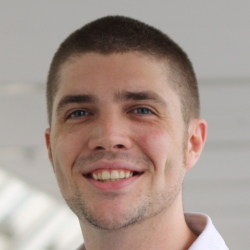Cray and Fernbach Award Winners
BLOG@CACM
Impact of the Social Web on Computing Research
A Week For Computer Science Education
The Rise of Empirical Software Engineering (I): The Good News
Economic Crisis and Computer Science
Collaborating Across Boundaries
Introductory Computer Science Lessons–Take Heart!
How We Teach Introductory Computer Science Is Wrong
Collective Intelligence: a Fad or Real Research?
Final Thoughts About Grace Hopper Conference
Student Research Competition at Grace Hopper
Smartphones and Health Systems Research at Intel Seattle
Grace Hopper Conference Opening Session: Part 1
Opening Day of Grace Hopper Conference
The Netflix Prize, Computer Science Outreach, and Japanese Mobile Phones
Donation of Technological Goods and its Impact on a Society
Why Doesn’t the U.S. Fund Computing Education Research?
Shape the Future of Computing
ACM encourages its members to take a direct hand in shaping the future of the association. There are more ways than ever to get involved.
Get InvolvedCommunications of the ACM (CACM) is now a fully Open Access publication.
By opening CACM to the world, we hope to increase engagement among the broader computer science community and encourage non-members to discover the rich resources ACM has to offer.
Learn More


